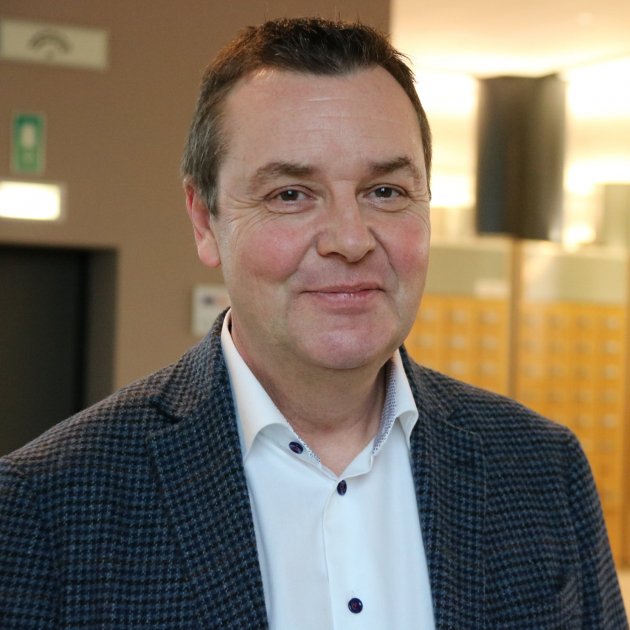“He speaks Catalan and is a champion of our cause.” That is how the Catalan MEP for the centre-right PdeCAT party, Ramon Tremosa, presents the Flemish Nieuw-Vlaamse Alliantie MEP, Mark Demesmaeker, at a meeting organised by the Catalans Lliures platform in Brussels. And Demesmaeker has in fact kept abreast the Catalan process since it started. He is a regular at the Diada, the Catalan National Day commemorative demonstrations, he served as an international observer during the 9-N non-binding poll in 2014, and will not miss the referendum on October 1.
Demesmaeker defends the right to self-determination in every way: “There is nothing wrong with the wish to become a nation” and “it is for the Catalans to decide what kind of political structure they want.” In his firm defence of democracy, he does not hesitate to charge against Spanish justice too: “It is not right to try to solve political problems in court.” In a recent interview with El Nacional, he said that “what Spain is doing now is using its judicial system and its Constitution as a tool against democracy. This smells of autocracy and the Franco regime.”
And from diagnosis to solution, he calls the European Union to react by supporting the democratic causes of Catalonia and Scotland. “The question is where we place power, near the people or far from the people. That’s what it’s about. If they do not allow democratic movements to emerge, they will lose all credibility,” he added just before calling once again for “the Catalans [to] have the right to decide.” Over and above the law or the Constitution, Demesmaeker defends democracy as a fundamental value of the European Union.
Catalan in the European Parliament
Many Catalans still recall July 8, 2015 when Demesmaeker harshly criticised the then President of the European Parliament, Martin Schulz for breaking his promise to allow MEPs to use the Catalan language. “It’s shameful and a democratic deficit,” he said. The story of an unkept promise has been repeated with the current President of the Parliament, Antonio Tajani, who at the request of Catalan MEPs committed in a letter to authorise Catalan. He has as yet not done so.
Last June, Tajani went as far as vetoing a petition by the European Parliament’s Intergroup for Minorities to allow and offer interpretation “exceptionally” of non-official languages. In spite of that, Demesmaeker continues to fight alongside Catalan MEPs like Josep Maria Terricabras, Ramon Tremosa and Francesc Gambús so that Catalan, the thirteenth most widely spoken language in the EU which in 2013 already exceeded 10 million speakers, should finally enter the European Parliament.
